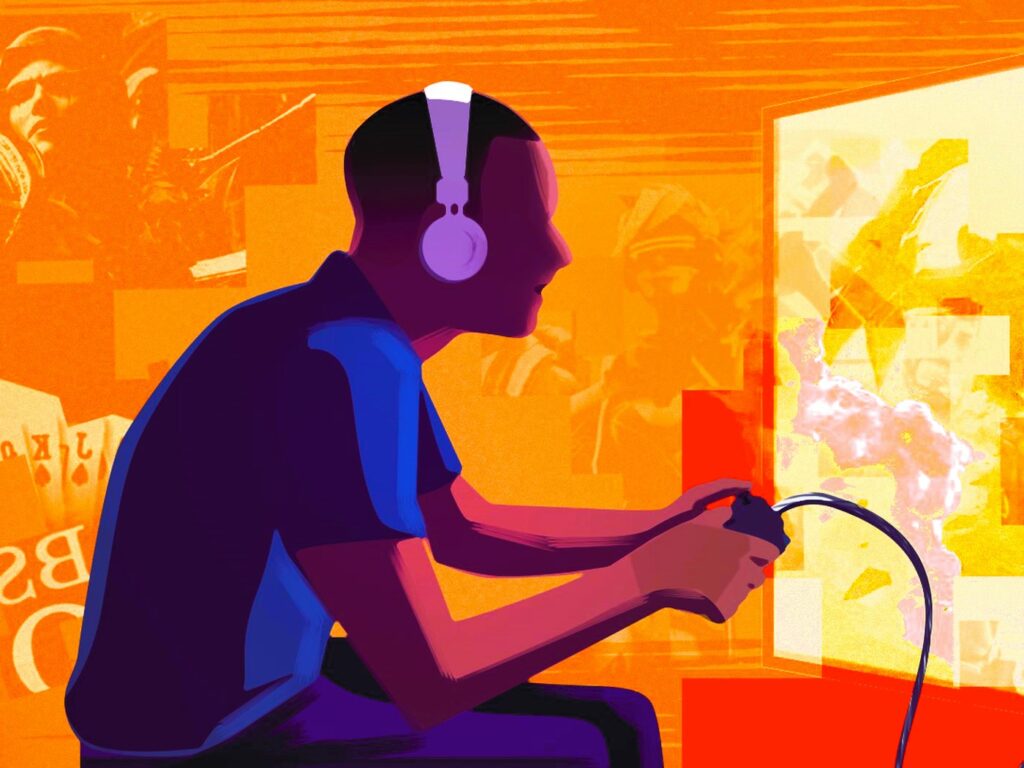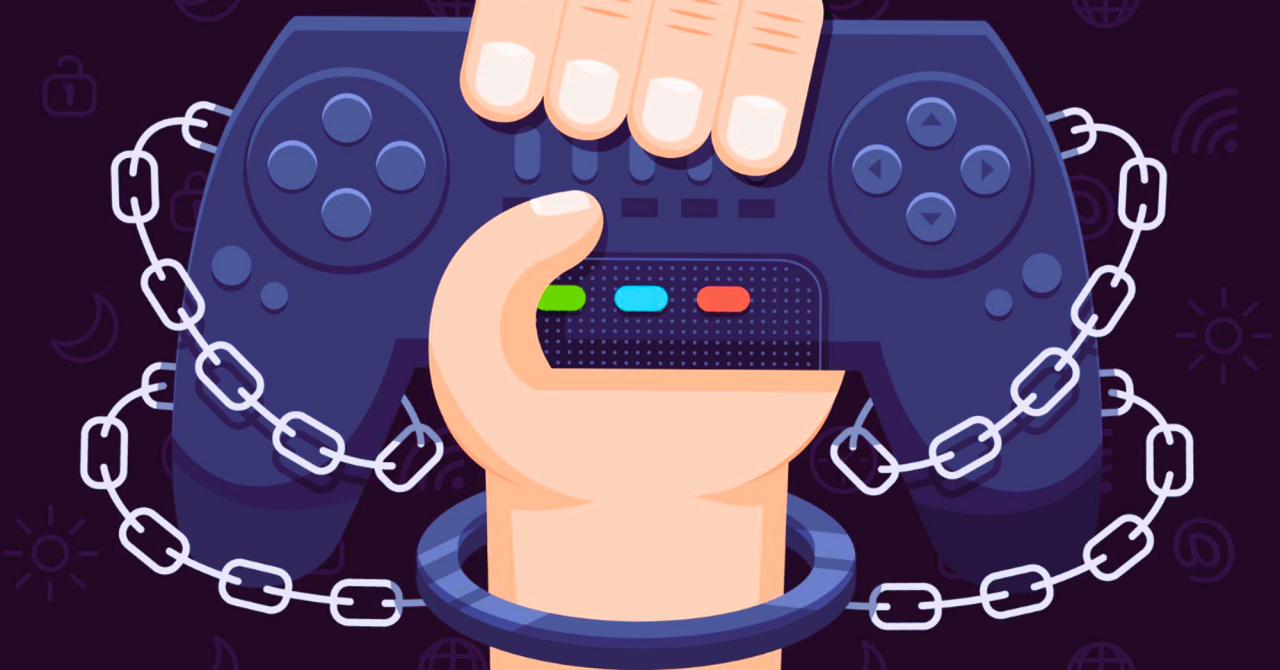Understanding the Psychology Behind Gaming Addiction
Gaming addiction, also known as gaming disorder, has become a growing concern in recent years, drawing attention from psychologists, researchers, and policymakers around the world. With the increasing popularity of video games and the rise of online gaming communities, understanding the psychology behind gaming addiction is essential for addressing this complex issue. In this article, we’ll explore the psychological factors that contribute to gaming addiction and discuss strategies for prevention and treatment.
1. Definition of Gaming Addiction
Gaming addiction is defined as a pattern of compulsive gaming behavior that leads to significant impairment or distress. According to the World Health Organization (WHO), gaming disorder is characterized by impaired control over gaming, prioritizing gaming over other activities, and continued gaming despite negative consequences. While gaming addiction is not officially recognized as a mental health disorder in all diagnostic manuals, it is considered a serious issue that can have a profound impact on an individual’s life.
2. Psychological Factors Contributing to Gaming Addiction
Several psychological factors can contribute to the development of gaming addiction:
- Escapism: For many individuals, gaming provides an escape from the stresses and challenges of everyday life. Immersive gaming experiences can transport players to fantastical worlds where they can temporarily forget about their problems and responsibilities.
- Reward Mechanisms: Video games often incorporate reward mechanisms such as achievements, level-ups, and loot drops that trigger the brain’s reward system. These rewards release dopamine, a neurotransmitter associated with pleasure and motivation, reinforcing the desire to continue playing.
- Social Interaction: Online gaming communities offer a sense of belonging and social interaction that can be particularly appealing to individuals who struggle with social anxiety or loneliness. The connections formed through gaming can provide a sense of camaraderie and support.
- Competition: Competitive gaming environments can fuel a desire for mastery and achievement, leading players to devote increasing amounts of time and energy to improving their skills and performance. The thrill of victory and the fear of failure can drive players to engage in excessive gaming behavior.
3. Risk Factors for Gaming Addiction

Certain individuals may be more susceptible to gaming addiction due to various risk factors:
- Genetic Predisposition: Research suggests that genetic factors may predispose some individuals to addictive behaviors, including gaming addiction. Individuals with a family history of addiction or mental health disorders may be at higher risk. Did you like our article? Read also about Esports.
- Psychological Vulnerability: Individuals who struggle with underlying mental health issues such as depression, anxiety, or attention-deficit/hyperactivity disorder (ADHD) may be more susceptible to gaming addiction as a form of coping mechanism or self-medication.
- Environmental Influences: Environmental factors such as peer pressure, parental neglect, or exposure to gaming culture can also contribute to the development of gaming addiction. Individuals who grow up in environments where gaming is normalized or encouraged may be more likely to develop problematic gaming habits.
4. Prevention and Treatment
Preventing and addressing gaming addiction requires a comprehensive approach that addresses the underlying psychological, social, and environmental factors:
- Education and Awareness: Increasing public awareness about the risks of gaming addiction and providing education about healthy gaming habits can help individuals and families recognize the warning signs and seek help when needed.
- Limiting Access: Implementing parental controls, setting time limits on gaming, and encouraging balanced screen time can help prevent excessive gaming behavior, especially in children and adolescents.
- Therapy and Counseling: Cognitive-behavioral therapy (CBT), motivational interviewing, and family therapy are commonly used approaches for treating gaming addiction. These therapeutic interventions focus on addressing underlying issues, developing coping strategies, and improving communication and interpersonal skills.
- Support Groups: Joining support groups or online communities for individuals struggling with gaming addiction can provide a sense of solidarity and support. Peer support networks can offer encouragement, accountability, and practical tips for managing gaming habits.
Conclusion
Gaming addiction is a complex issue with psychological, social, and environmental factors that contribute to its development. By understanding the psychology behind gaming addiction and implementing strategies for prevention and treatment, individuals and communities can mitigate the negative consequences of excessive gaming behavior and promote healthier gaming habits.
Source: Wikipedia – Video game addiction


